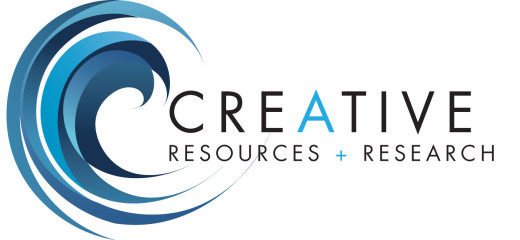Making a FOIA Request: The Freedom of Information Act (FOIA)
In the United States, the Freedom of Information Act (FOIA) gives you access to just about any information developed by or processed through the federal government that is not designated as confidential. Journalists take advantage of it all the time to get information for stories. For grant writers, it means that we can see grant proposals submitted to the federal government, and all we have to do is ask.
There is a process you must follow, but it’s not difficult or time consuming. Here’s what you need to know to take full advantage of the FOIA:
Submit your FOIA request as far in advance as possible.
The federal government is not known for moving quickly, but it seems like the pace slows to a crawl when it comes to FOIA. Don’t expect to submit a request and get an email the next week with the proposals you requested. Your request is placed in a queue for review. Then if it is clear and meets all the requirements, it will be placed in a queue for fulfillment. Then the proposals or other documents are pulled and all personal and confidential information is redacted. Well, at least it’s supposed to be. In many cases, the organization that submitted the proposal is contacted and given the opportunity to redact confidential or proprietary information. All of that takes time.
The process can take months. If our request is fulfilled within a few weeks, we celebrate.
Pro Tip — Don’t wait until a new grant competition is released to put in your request for documents from the previous year. Some departments will deny (postpone) the fulfillment of the FOIA request when there is an active competition in effect. Start making your requests as soon as the winning proposals are announced. Make requests for all the competitions you think you might be interested in for the coming year. It’s better to have too many samples than not enough.
Be very specific.
Specificity matters. Don’t request all applications submitted for a particular grant competition over the past five years. Instead, request the five winning proposals for that competition in the year you’re interested in. If you can, also add the appropriate Catalog of Federal Domestic Assistance (CDFA) number or any other identifying numbers or information. The more specific your request, the more likely you are to get what you want.
In some cases, you’ll be asked to submit the name of the proposal or the submitting organization. In that case, look up the press release announcing the grantees and select a few for your request. Some federal departments won’t give you the top ranked proposals, but they will give you a random selection of winning proposals, but if you want to be sure to get winners, give the names of the grantees in your request.
Don’t be greedy.
You may want to see all 40 of the winning proposals for a particular competition, but that will backfire on you. It will take much longer for your FOIA request to be fulfilled. In some cases, the agency will simply refuse such a large request. You could resubmit it as several smaller requests or you could ask yourself, “Do I really need to see 40 examples?” The answer is that you probably don’t.
Also, the greedy people requesting 40 proposals are part of the reason why our requests for three proposals are delayed.
Find the right place to submit your request.
Federal departments have divisions and individuals responsible for FOIA requests. Google it to find the right contact. In some cases, you can simply send an email, but more agencies are processing requests through web portals.
You can request proposals through the states, too.
If the grant competition is sponsored by a state, your request may not be called a FOIA request, but it’s pretty much the same thing. All states have their own version of it. It may be called the Freedom of Information Act, Freedom of Records Act, or something else, but it does the same thing – it gives you access to public documents, including most grant applications.
Our experience has been that states are often more selective in what they will allow you to request, but they are much faster in fulfilling the request.
Don’t let cost detour you.
The law allows the government to recoup costs by charging you for complying with your request. This used to mean that you had to pay for hard copies. Today there is often no charge because the materials are gathered and transmitted electronically. In some cases, there may be a small fee for the time of the staff members gathering the materials. States are much more likely to charge a fee than federal agencies.
A FOIA request can make the difference between success and failure.
Have you ever read an RFP and thought, “What do they mean by that?” or “What are they really looking for?” Some of the answers will come from a close reading of the RFP and support materials. Others will be provided through webinars and bidders’ conferences provided by the funder. But there’s nothing like reading some winning proposals to get a very clear picture of what the readers really wanted.
And that can make all the difference.



